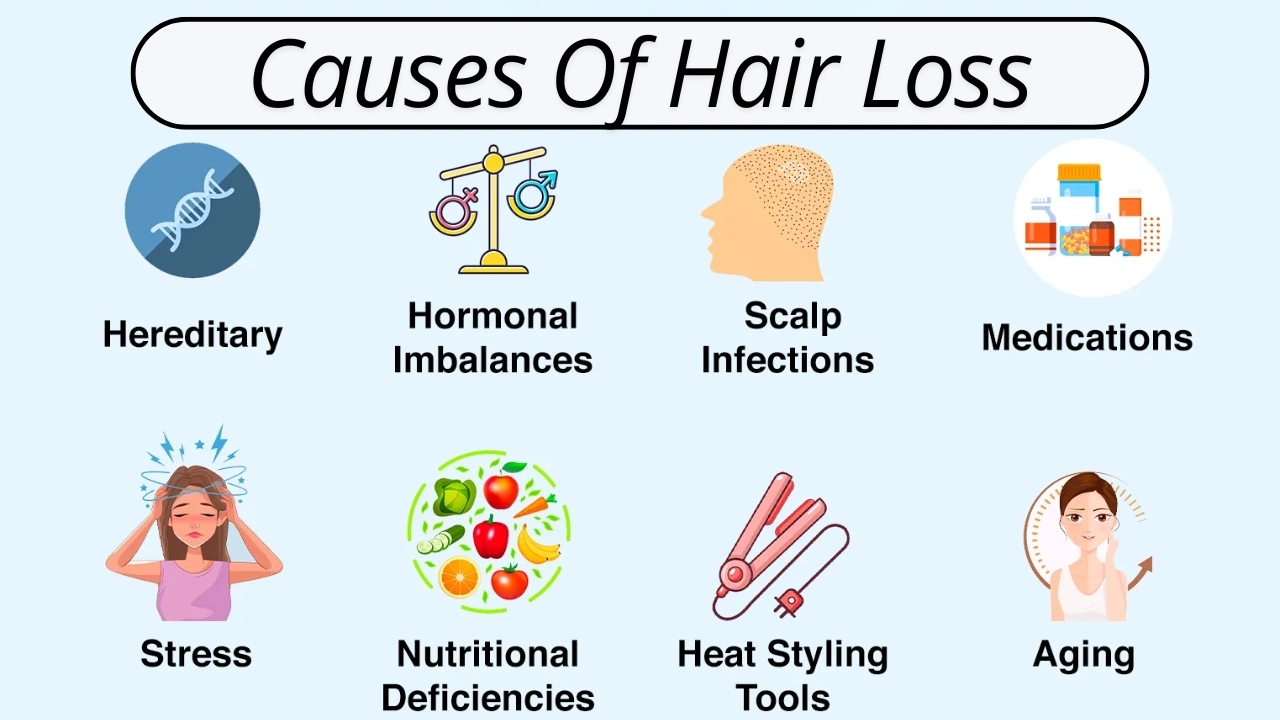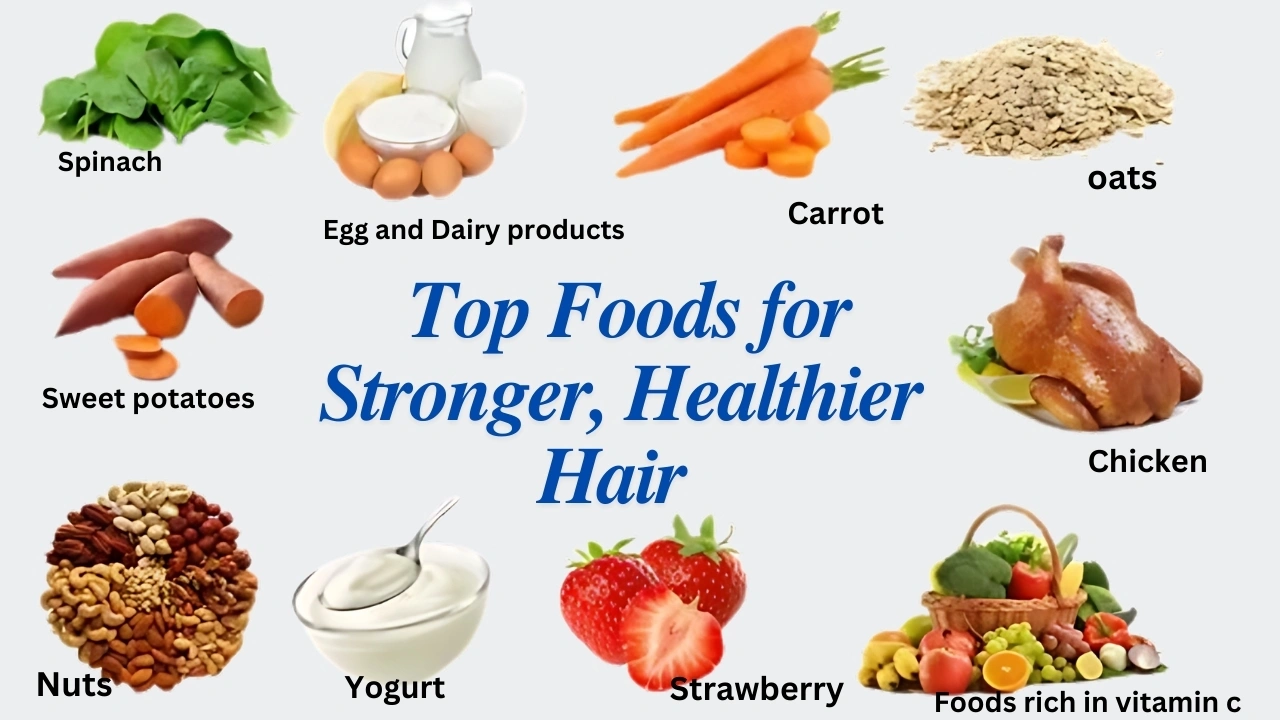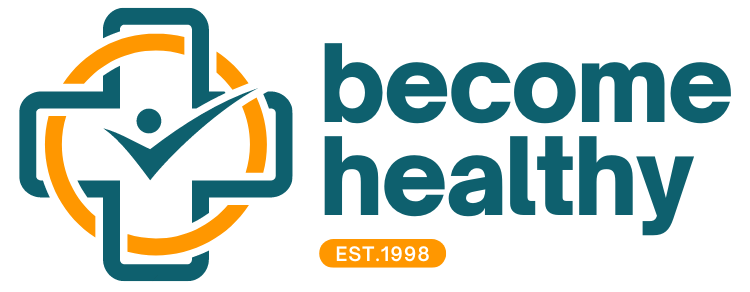Say Goodbye to Hair Fall ! Hair fall can be a frustrating problem, but the solution lies in your kitchen. By including the right foods in your diet, you can strengthen your hair and make it healthier naturally.
Discover the power of a balanced diet for your hair health. Nutrient-rich foods like spinach, nuts, eggs, and avocados provide essential vitamins and minerals that prevent hair fall. Spinach is loaded with iron and vitamin A, which boost scalp health. Nuts and seeds are packed with omega-3 fatty acids that promote hair growth. Eggs, rich in biotin and protein, are the building blocks for stronger hair, while avocados provide vitamin E to repair damage.
Simple changes in your daily meals can bring noticeable differences in your hair strength and shine. Start today and embrace these superfoods for naturally healthy and luscious hair!
Hair Fall Prevention
Hair fall is a common concern faced by many, but with the right care and preventive measures, it can be effectively managed. A healthy diet rich in vitamins, minerals, and proteins plays a crucial role in maintaining strong and healthy hair. Regular scalp massages with natural oils like coconut, almond, or castor oil can improve blood circulation and strengthen hair roots. Avoid using harsh chemical-based shampoos and opt for mild, sulfate-free alternatives. Minimizing heat styling and protecting hair from excessive sun exposure can also reduce damage. Staying hydrated, managing stress through relaxation techniques, and getting adequate sleep are equally important for hair health.
Causes Of Hair Fall
Hair fall can result from a variety of causes, which can be classified into internal and external factors. Here are some of the key reasons:

Internal Causes:
- Genetic Predisposition: Conditions like androgenetic alopecia (male or female pattern baldness) are hereditary.
- Hormonal Imbalances: Issues like thyroid dysfunction, pregnancy, menopause, or polycystic ovary syndrome (PCOS) can disrupt the hair growth cycle.
- Nutritional Deficiencies: Lack of essential nutrients like iron, biotin, vitamin D, and protein can weaken hair follicles.
- Medical Conditions: Autoimmune diseases (e.g., alopecia areata), scalp infections, and chronic illnesses can lead to hair fall.
- Stress: Physical or emotional stress can trigger telogen effluvium, a condition causing temporary hair loss.
External Causes:
- Harsh Hair Treatments: Frequent use of chemical treatments, dyes, and styling tools can damage hair.
- Improper Hair Care: Overwashing, poor scalp hygiene, or using unsuitable hair products may weaken the scalp and strands.
- Environmental Factors: Pollution, UV radiation, and exposure to hard water can harm hair health.
- Medications: Certain drugs, like chemotherapy agents, antidepressants, and blood thinners, may cause hair loss as a side effect.
Prevent Hair Loss and Increase Growth
Preventing hair loss and promoting hair growth requires a combination of proper care, a healthy lifestyle, and targeted treatments. Here are some effective strategies:
Maintain a Healthy Scalp
- Wash your hair regularly with a mild, sulfate-free shampoo to remove dirt, oil, and buildup. Avoid overwashing, as it can strip natural oils.
- Use a mild, sulfate-free shampoo and condition regularly to prevent dryness.
- Massage your scalp with natural oils like coconut, almond, or castor oil to improve blood circulation and nourish hair roots.
Nourish Your Hair from Within
- Balanced Diet: Include protein-rich foods (eggs, fish, nuts), vitamins (biotin, Vitamin D, and E), and minerals (iron and zinc) in your diet.
- Stay Hydrated: Drink plenty of water to keep your scalp hydrated and healthy and Say Goodbye to Hair Fall !
Avoid Damaging Practices
- Overuse of straighteners, curling irons, and blow dryers weakens hair, leading to breakage. Use heat protectants and minimize heat styling.
- Frequent coloring, bleaching, perming, or relaxing can damage hair structure and roots. Opt for natural alternatives when possible.
- Washing too often strips natural oils, causing dryness and breakage. Wash 2–3 times a week with a mild shampoo.
- Avoid products with sulfates, parabens, or alcohol, as they can irritate the scalp and weaken hair.

Manage Stress and Say Goodbye to Hair Fall !
- Physical activity releases endorphins, which help reduce stress.
- Ensure adequate sleep for overall hair health.
Use Natural Remedies and Products, Say Goodbye to Hair Fall !
- Apply onion juice or aloe vera gel to the scalp to stimulate hair growth.
- Use herbal hair masks made from fenugreek, amla, or hibiscus to strengthen roots.
Protect Hair from Environmental Damage
- Cover your hair when exposed to harsh sunlight or pollution.
- Wash your hair with filtered water if hard water is an issue.
Consider Medical Solutions
- Consult a dermatologist for advanced treatments like minoxidil or finasteride, which promote hair growth.
- Therapies like PRP (Platelet-Rich Plasma) can help stimulate hair follicles.
Frequently Asked Questions
Q1 : What are the main causes of hair fall?
A : Hair fall can be caused by various factors, including stress, poor diet, hormonal changes, genetic predisposition, and certain medical conditions like thyroid issues or alopecia. Lack of proper hair care and excessive use of chemical-based products can also contribute.
Q2 : Can diet really help in reducing hair fall?
A : Yes, diet plays a crucial role in hair health. Foods rich in vitamins (like A, C, D, and E), minerals (like iron and zinc), and proteins strengthen hair follicles, promote growth, and reduce hair fall. A balanced diet is key to healthy, strong hair.
Q3 : What are the top foods to prevent hair fall?
A : Foods like spinach, eggs, nuts (almonds, walnuts), seeds (chia, flaxseeds), fish (salmon, mackerel), avocados, and sweet potatoes are excellent for preventing hair fall. They provide essential nutrients for hair growth and health.
Q4 : Does hydration affect hair health?
A : Absolutely! Staying hydrated keeps your scalp healthy and ensures proper delivery of nutrients to hair follicles, which helps reduce hair fall.


